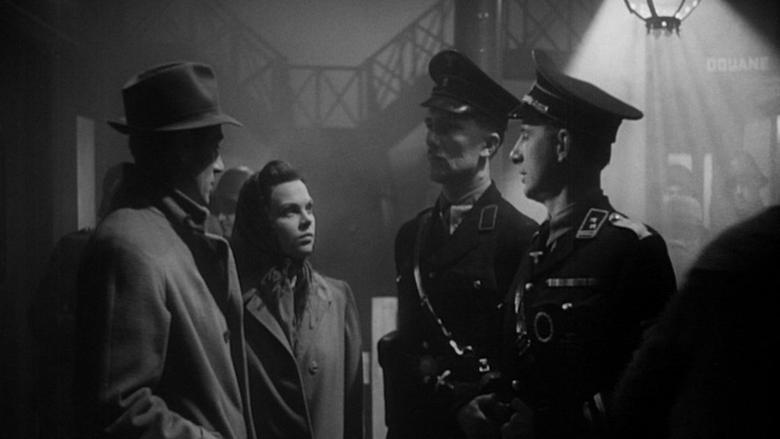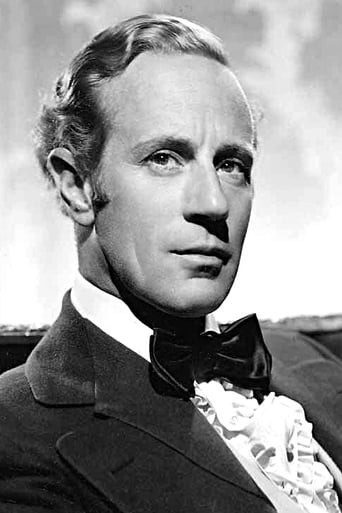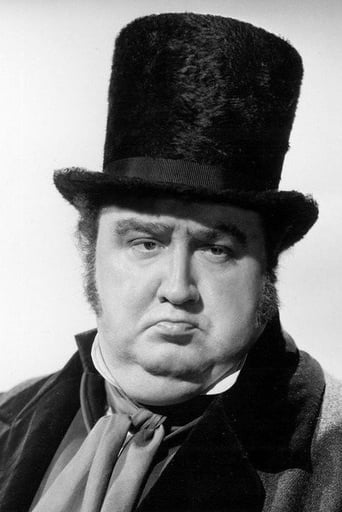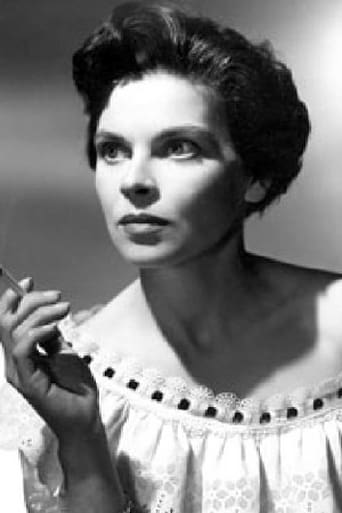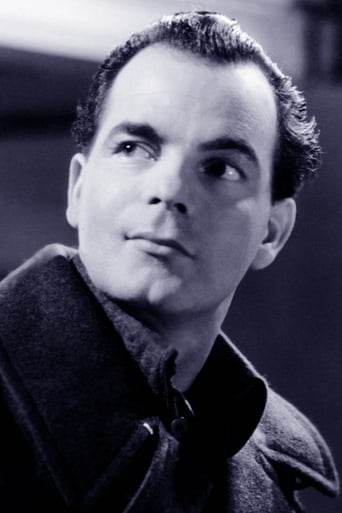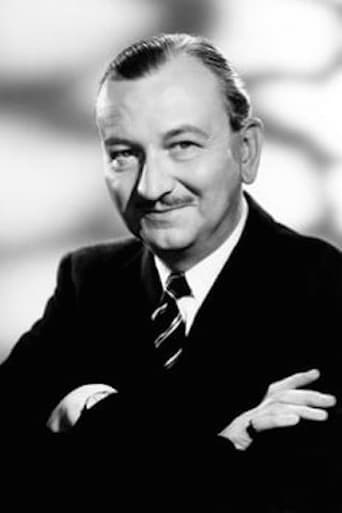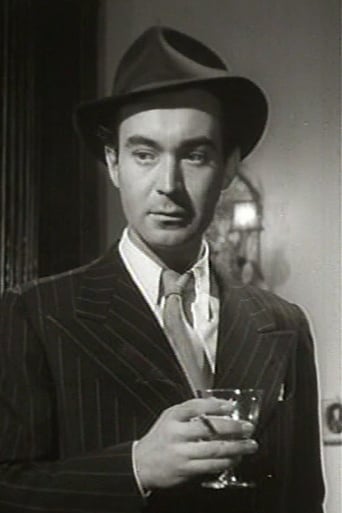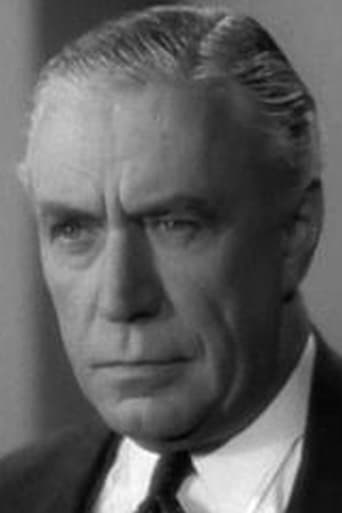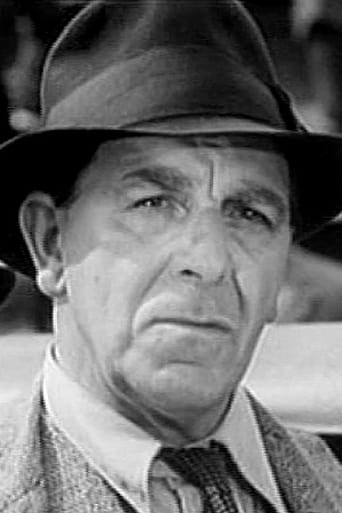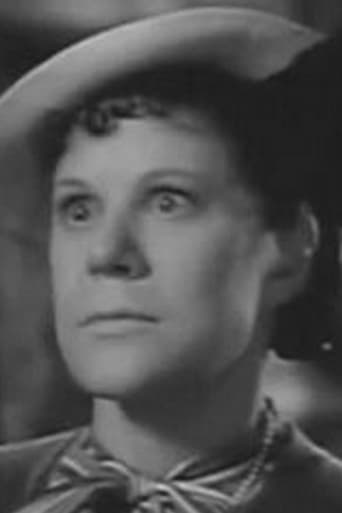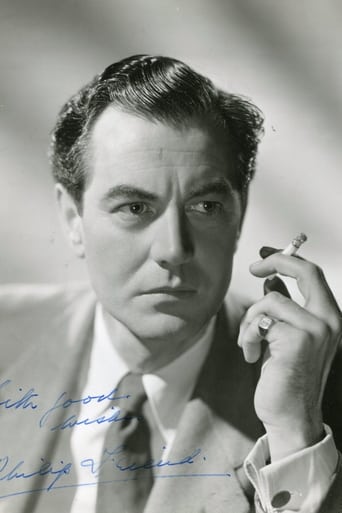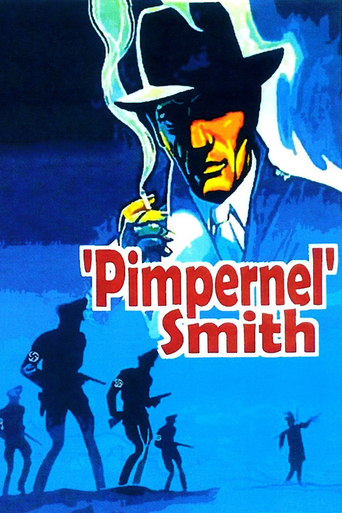
'Pimpernel' Smith
February. 12,1942Eccentric Cambridge archaeologist Horatio Smith takes a group of British and American archaeology students to pre-war Nazi Germany to help in his excavations. His research is supported by the Nazis, since he professes to be looking for evidence of the Aryan origins of German civilisation. However, he has a secret agenda: to free inmates of the concentration camps.
Similar titles
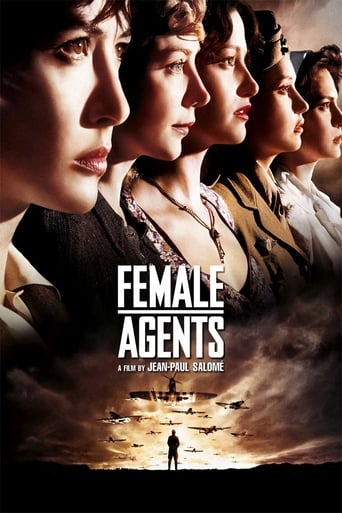
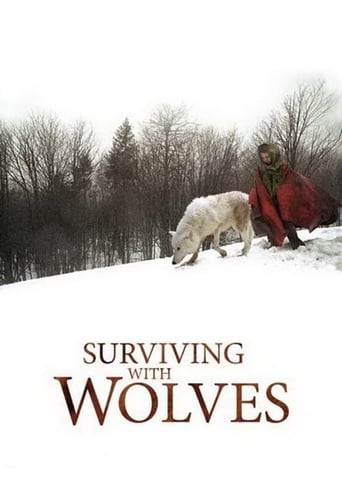
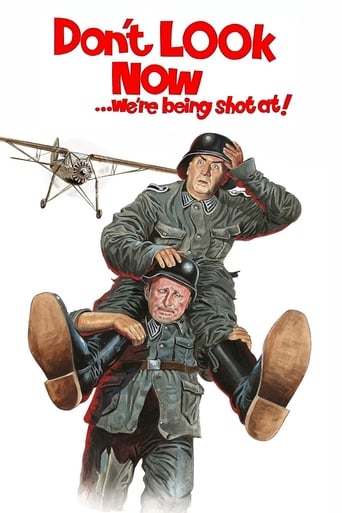
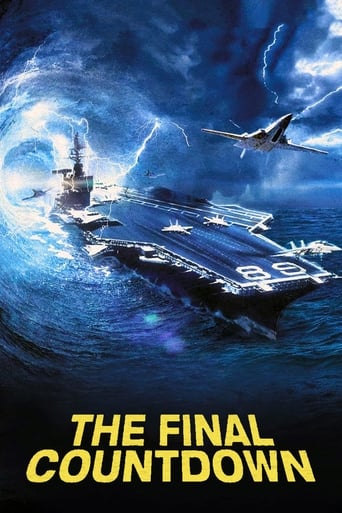
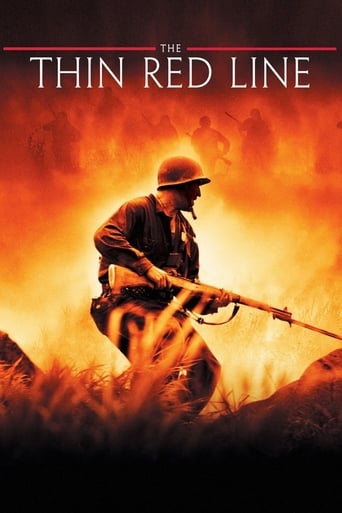
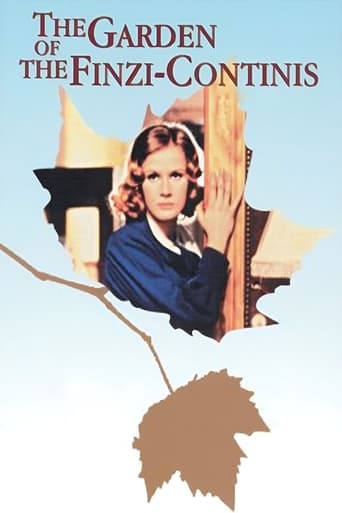
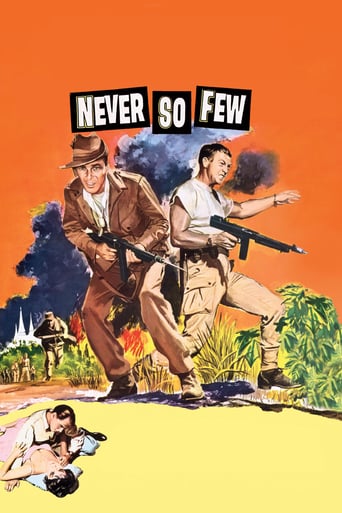

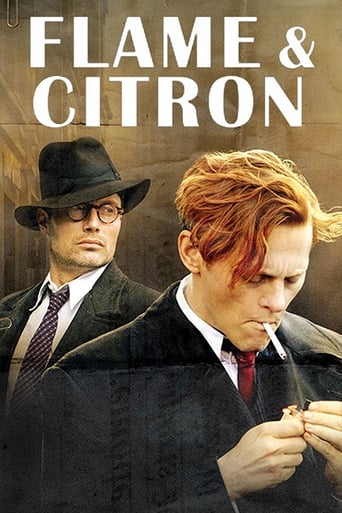
Reviews
Touches You
Must See Movie...
It's funny watching the elements come together in this complicated scam. On one hand, the set-up isn't quite as complex as it seems, but there's an easy sense of fun in every exchange.
One of the worst ways to make a cult movie is to set out to make a cult movie.
Leslie Howard (Professor Horatio Smith), Francis L. Sullivan (General von Graum), Mary Morris (Ludmilla Koslowski), Hugh McDermott (David Maxwell), Raymond Huntley (Marx), Manning Whiley (Bertie Gregson), Peter Gawthorne (Sidimir Koslowski), Allan Jeayes (Dr Beckendorf), Dennis Arundell (Hoffman), Joan Kemp-Welch (teacher), Philip Friend (Spencer), Lawrence Kitchen (Clarence Elstead), David Tomlinson (Steve), Basil Appleby (Jock McIntyre), Percy Walsh (Dvorak), Roland Pertwee (Sir George Smith), A.E. Matthews (Earl of Meadowbrook), Aubrey Mallalieu (dean), Ernest Butcher (Weber), Ben Williams (Graubitz), Hector Abbas, Oriel Ross, George Street, Arthur Hambling, Harris Arundel, Suzanne Clare, Charles Paton, Ronald Howard, Roddy Hughes.Director: LESLIE HOWARD. Screenplay: Anatole de Grunwald. Adapted by Roland Pertwee, Ian Dalrymple and Anatole de Grunwald from an original story by A.G. MacDonell and Wolfgang Wilhelm. Photography: Mutz Greenbaum, Jack Hildyard. Film editor: Douglas Myers. Music composed by John Greenwood, directed by Muir Mathieson. Associate producer: Harold Huth. Producer: Leslie Howard. Executive producer: Edward Small. (The Suevia DVD rates 10/10).Copyright 15 December 1941 by United Artists Corp. A British National Picture. U.S. release through United Artists. New York opening at the Rivoli: 12 February 1942. U.K. release through Anglo- American: 26 July 1941. Australian release through British Empire Films: 12 March 1942. 11,003 feet. 122 minutes. U.S. release title: Mister V.SYNOPSIS: Nazi Germany before the War: a Cambridge professor and a group of students, are digging for evidence of early Aryan Civilisations. But the Professor quickly becomes the ingenious foe of the Nazi Regime. COMMENT: "Pimpernel Smith" appeared about a year after Dunkirk, and was intended to make the Nazi regime appear ridiculous. The plot of the film, as the title implies, is a variation on Baroness Orczy's novel, "The Scarlet Pimpernel". To translate the 18th century fop Sir Percy Blakeney into 20th century terms and the cunning but shabby Chauvelin into his equivalent as a Nazi agent could have been done with comparative ease. Instead, Howard has made his Pimpernel all tweeds and tobacco and forgetfulness. "Pimpernel Smith" came in third at the British box office in 1941. ("49th Parallel" was first, Chaplin's "The Great Dictator" second). The movie was equally successful in Australia — in fact was so popular it was still being commercially screened in the 1960s, one of a mere handful of wartime British product still available from Australian 35mm exchanges. You'd think that such an exceptionally popular film would regularly turn up on Australian television, wouldn't you? Hell, no! We all know what utter contempt TV program managers have for the likes and dislikes of their viewers. No "Pimpernel Smith", thank you.Despite the wartime propaganda it's still a vastly entertaining movie which oddly has dated far less than the original "Scarlet Pimpernel" which had the advantage of being set in period. Howard and Sullivan make such wonderful adversaries, and Howard has directed with such flair, making full use of some really impressive sets! Photography and other credits are equally polished. And incidentally the scene I can never forget has Howard escaping across a field, the Nazis in hot pursuit, firing wildly. Howard seems to disappear. Then the camera tracks across to a ragged scarecrow and pans slowly down its arm. Blood!
I'm so pleased that this film has inspired so many people to write so effusively of it. I first saw it in my teens (a long time ago now, alas!) and was totally captivated. If you haven't seen it yet, I'd suggest you just get hold of a copy and enjoy it before you browse the other comments.If you do look at other comments, a few points: This film is *funny* too! It was not Leslie Howard's last film - 49th Parallel was made later the same year, and First of the Few in 1942, then he subsequently directed 'The Gentle Sex' and 'The Lamp still Burns' in 1943.Howard was certainly on the Nazi's blacklist, but his death may have been an accident. He was returning from a 'lecture tour' (which was certainly propaganda and may well have had intelligence connotations) via Portugal, and the civilian plane he was on was shot down over the bay of Biscay. It's still not clear if this was an accident or a deliberate target, but if the latter, it's as likely that Howard's accountant, who bore a strong resemblance to Churchill, may have been the target.Also, look out Violette Cunningham, the assistant in the cosmetic shop. She was Howard's last love - despite still being married to Ruth, he fell for Violette (who also appears in the German dinner scene in 'The First of the Few'). It broke his heart when she died, of cerebral meningitis, in 1942.
This film was created to drum up morale among the British people and to portray their cause as just to the Americans (who were not yet in the war). And, in this endeavor, it does a wonderful job. The Nazis are really bad and the British people plucky and decent--exactly the message they were trying to get across.This story is a reworking of THE SCARLET PIMPERNELL--being updated to the the then present time instead of during the French Reign of Terror. Leslie Howard does a fine job playing the lead and the film is a better record of his acting talents than most of his movies. The direction and writing, as well, were excellent. No complaints at all about this film. Give it a try--it's a great time passer.
On the face of it, I don't ask much of a film: only - only! - that it should make me laugh and cry and catch my breath, and stir my blood in equal measure. Strange, then, how rare this seems to be... and how few films earn the final accolade by almost forcing me to review them! I had not the slightest intention, this morning, of writing about "Pimpernel Smith". But now that I sit down afterwards and try to work, I find my attention wandering back to it again and again. Clearly, I must set down this review, or I shall never get anything done... and there can be few stronger tributes to the power of a film.Leslie Howard, of course, makes or breaks the whole. As producer, director and starring actor, his name is scrawled - literally - on the film from its opening titles; indeed it gives us a chance to recognise the penmanship on the mysterious hand-written notes that recur! Unsurprisingly, in some ways this is very much a one-man vehicle. If Leslie Howard's charms escape you, the whole production is probably a dead loss - but for any fan of his earlier films, it is little short of unalloyed delight."Pimpernel Smith" takes much of its resonance from the subtle parallels with Baroness Orczy's story of the Scarlet Pimpernel. The latter is openly referred to only in the title, but acknowledged in a dozen ways, from the leading character who cloaks an incisive mind beneath a foolish mask to the young acolytes who aid and yet rashly put him at risk, the woman who is set to spy out the identity of a beloved one's potential saviour, and of course the closed frontiers and despotic arm of a new-fledged state - not Revolutionary France, but a Nazi Germany not yet at open war. Above all, the echoes lie in the ingenious guises and plans for escape, always one twist ahead of both the enemy and the viewers themselves. By the end of the film, I was suspecting the most innocent characters of being the nondescript Professor Smith in disguise... and I'm still not certain about the indignant lady on the Cook's Tour!The references, however, are never obtrusive and always remain subtle; and of course perhaps the chief of these is the casting of Leslie Howard himself. Along with a humane and intelligent script, it was his outstanding depiction of the title role that raised the 1934 film of "The Scarlet Pimpernel" above the average. Even today, the association is immediate. Less than ten years after the original, the dual performance of their star must have been inescapable.From vacuous fop to absent-minded professor... and yet it is to Howard's credit that his Professor Smith is not a carbon copy of Sir Percy Blakeney, but a distinct and undoubtedly charming character in his own right. For a moment, rapt in admiration of an Aphrodite, he is startlingly handsome. But for the most part, peering owlishly over a newspaper or buried beneath a deplorable hat, he is more the living spit of bespectacled Charles Hawtrey in some post-war "Carry On". He has developed the baggy amble to a fine art, and the knack of deprecation and inoffensive insolence almost without effort; and the role of gentle academic is not a pose, but the guiding principle behind all his unlikely impersonations, even that of the part of hero. The Professor, above all, is a man who hates destruction and waste.Passionate screen kisses rarely move me; oddly enough, a handful of restrained moments of tenderness in this film did. It may be a carefully-scripted star vehicle, but few enough of those choose to celebrate the clever and the unassuming. I like Professor Smith very much indeed.But even the quietest hero needs a villain as foil, and Francis L. Sullivan is also outstanding here as the elephantine von Graum, a Nazi general who turns out to be far less stupid than one might assume. It's hard not to suspect the character of being a lampoon on Goering, and from the start we are invited to laugh at him; but for all his girth and his struggles with "the English sense of humour", von Graum is brighter by far than most of his staff, and sometimes even one step ahead of the viewer, which makes it hard to be complacent on our heroes' behalf. He may rant and foam for lack of proof, but the net is tightening... and without the advantage of Orczy's predetermined plot, the unexpected twist at the end of this film could all too easily go either way. Unfortunately, heroism is not necessarily defined by survival...In fact, in retrospect, I feel that the ending (which I won't reveal here) was perhaps the one weak point. Unlike the Basil Rathbone wartime pictures (there are echoes of "Pimpernel Smith" in the subsequent, not at all bad, "Sherlock Holmes and the Secret Weapon"), the anti-Nazi sentiments of the hero's set-piece speech are not dated or tendentious to modern ears. Indeed, Leslie Howard's shadowed intensity remains one of the most effective shots in the film. The only trouble is that it's so good that it becomes a hard scene to top, and the actual finale comes off as somewhat trite by comparison.But that's with hindsight. At the time, the only thing of which I was fully conscious was that, already pre-disposed in that direction by "The Scarlet Pimpernel" and "Pygmalion", I had just become a raving Leslie Howard fan! Every time I catch myself whistling 'Tavern in the Town' without thinking, over the next few days, I shall know why... and smile.
Top Streaming Movies











